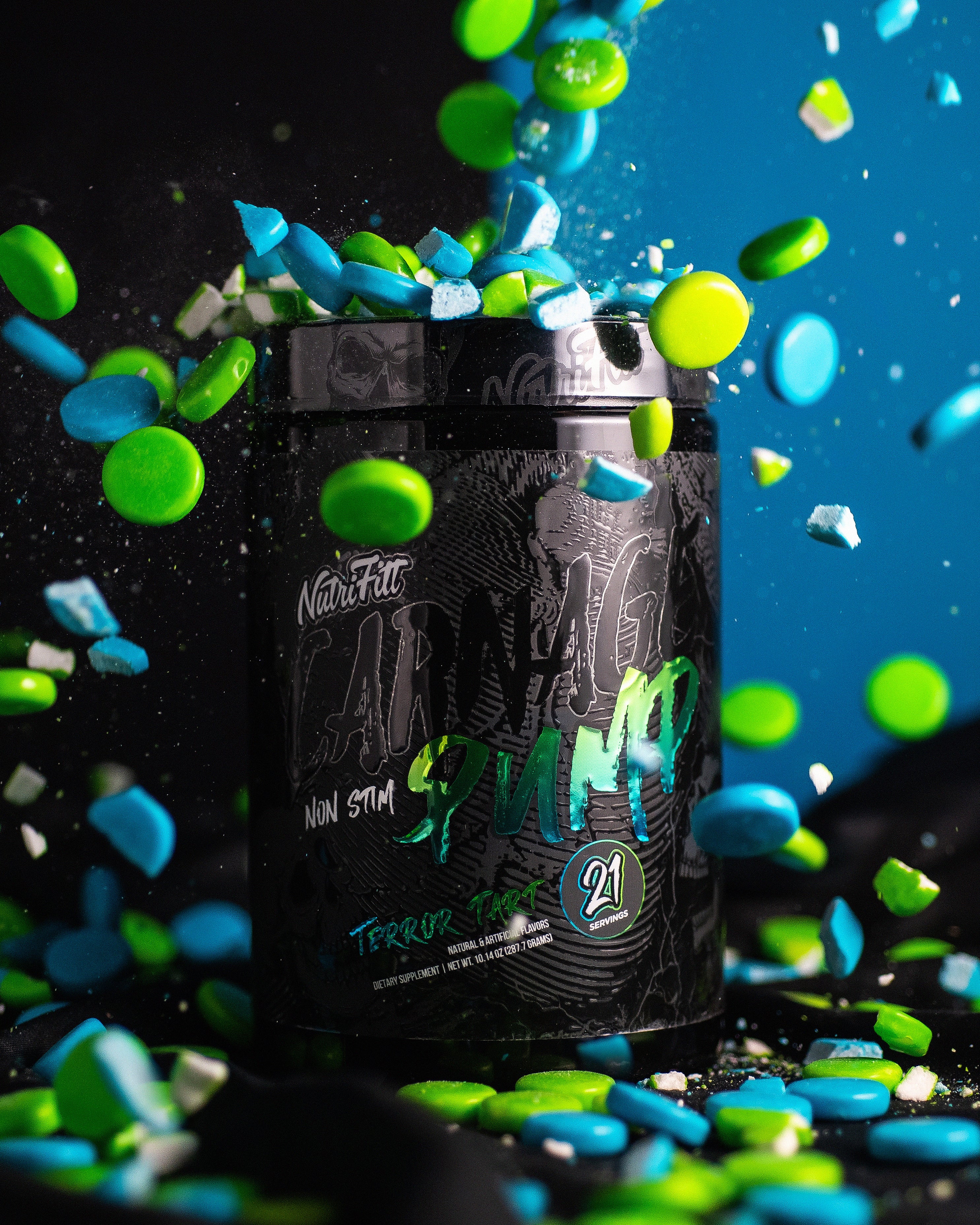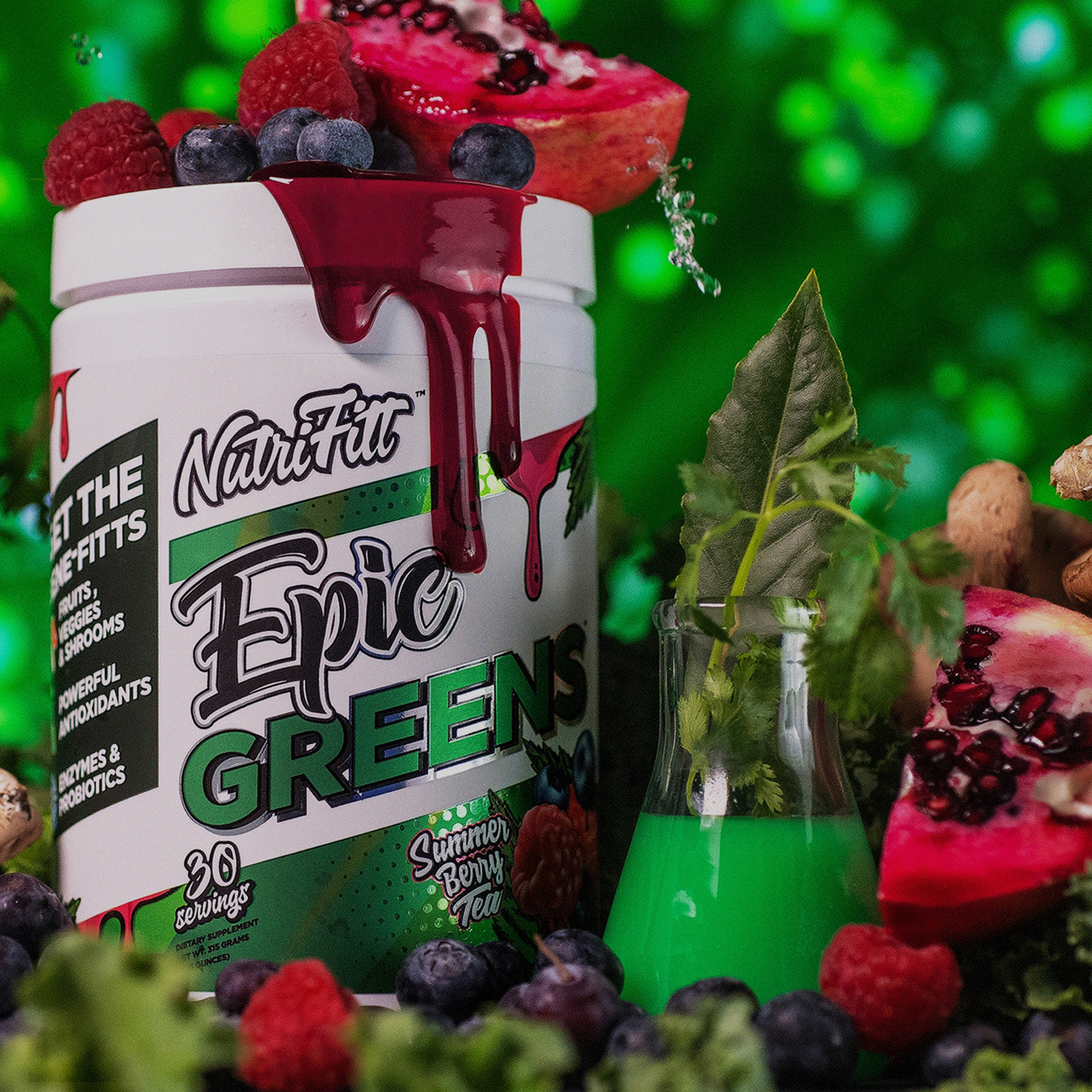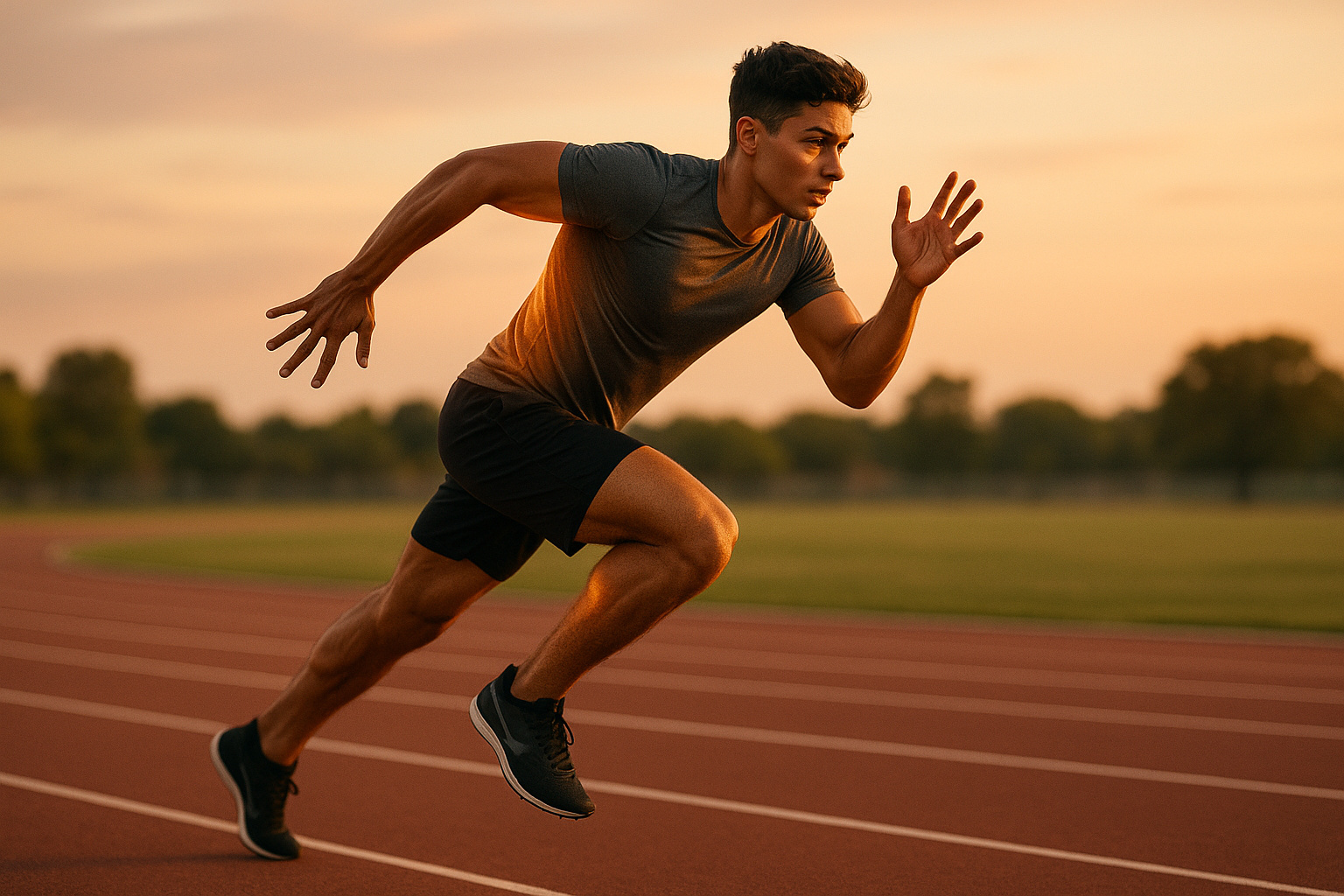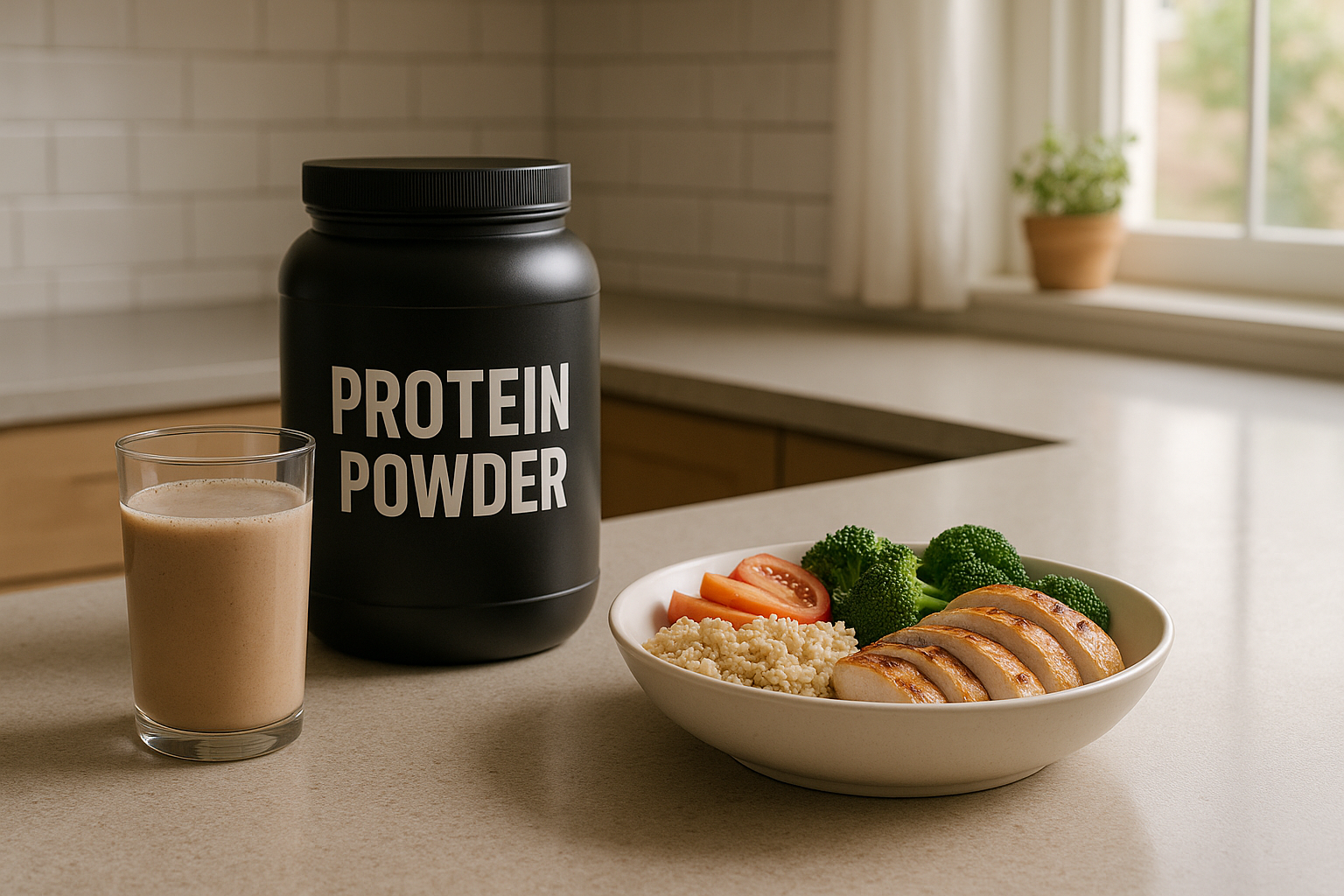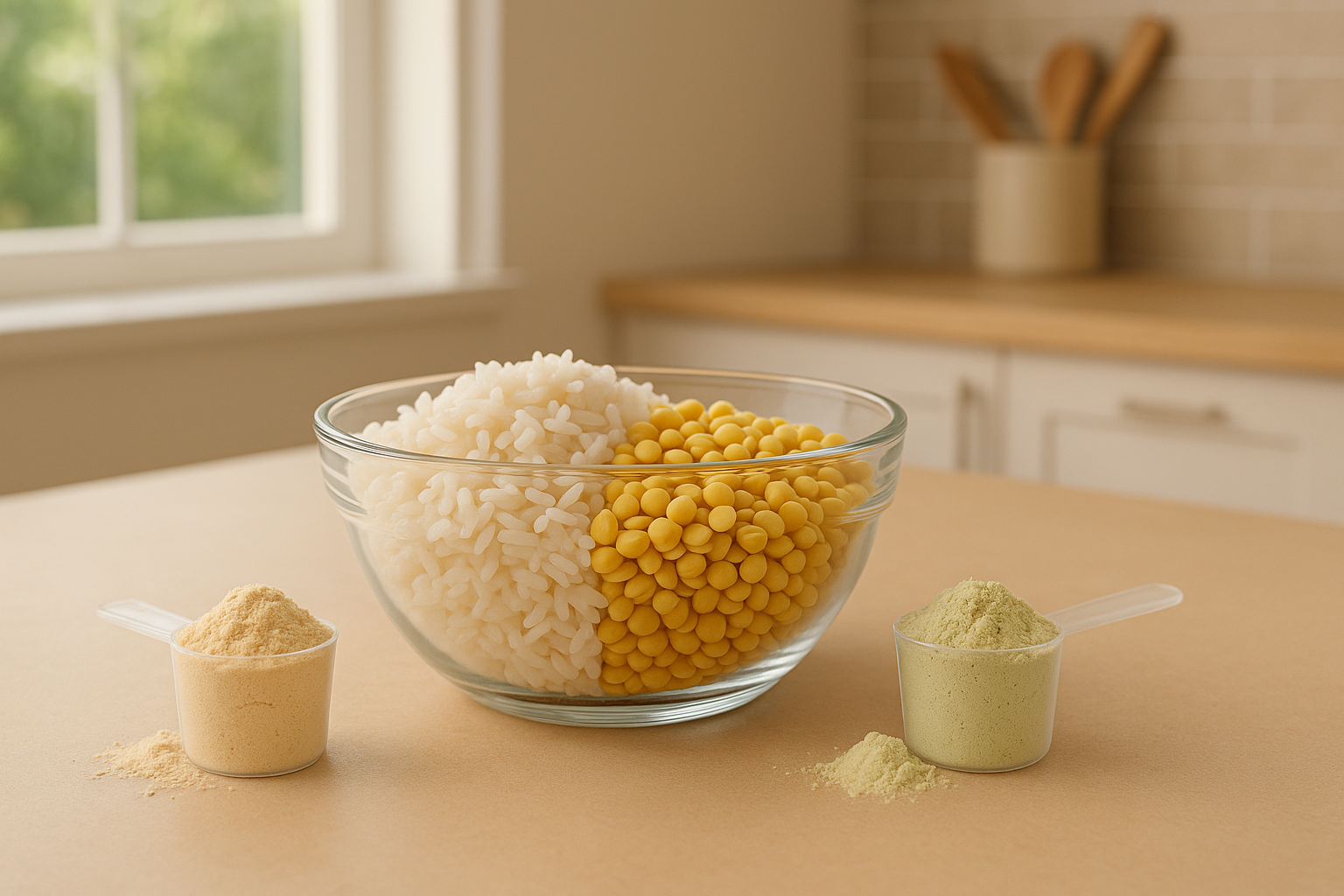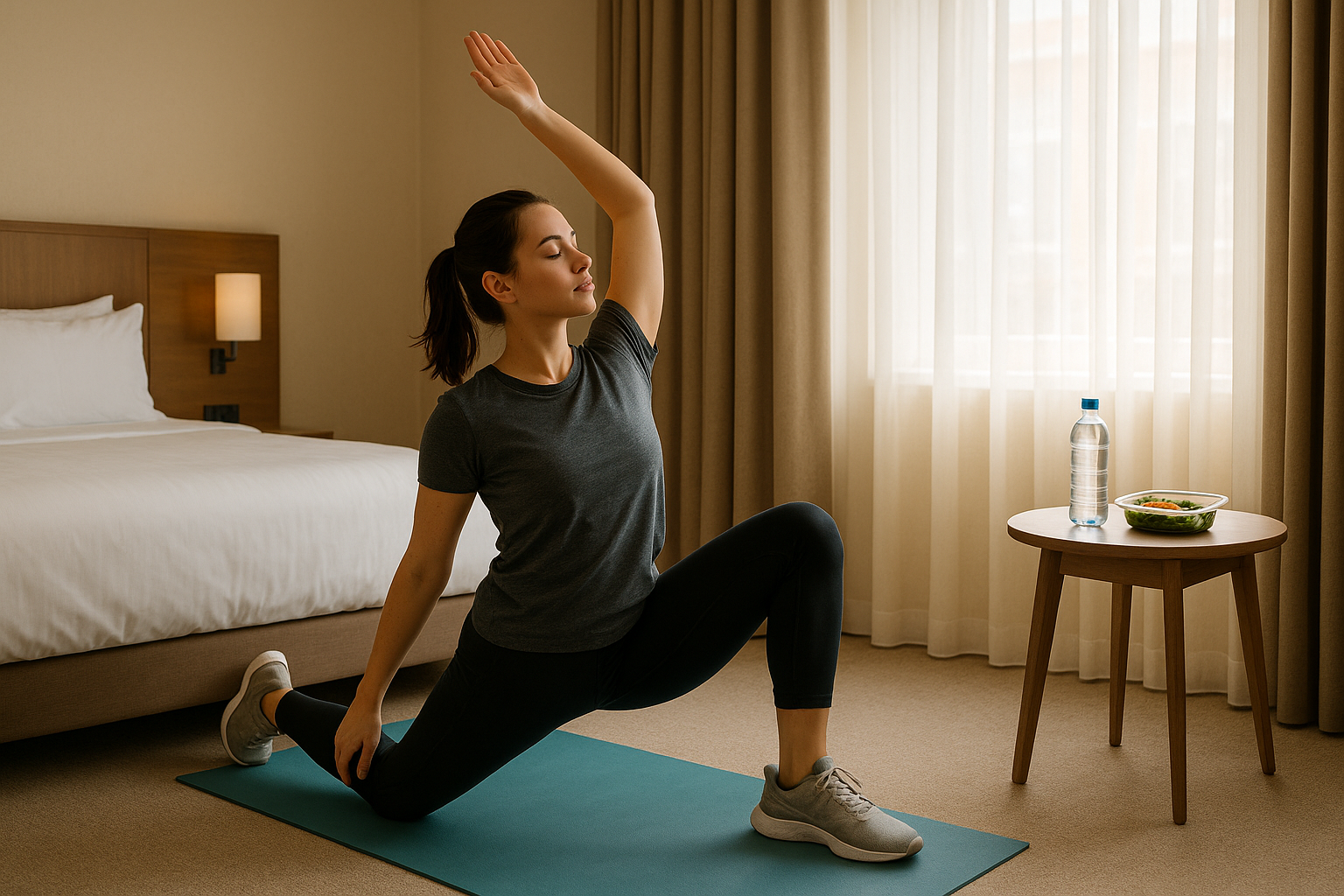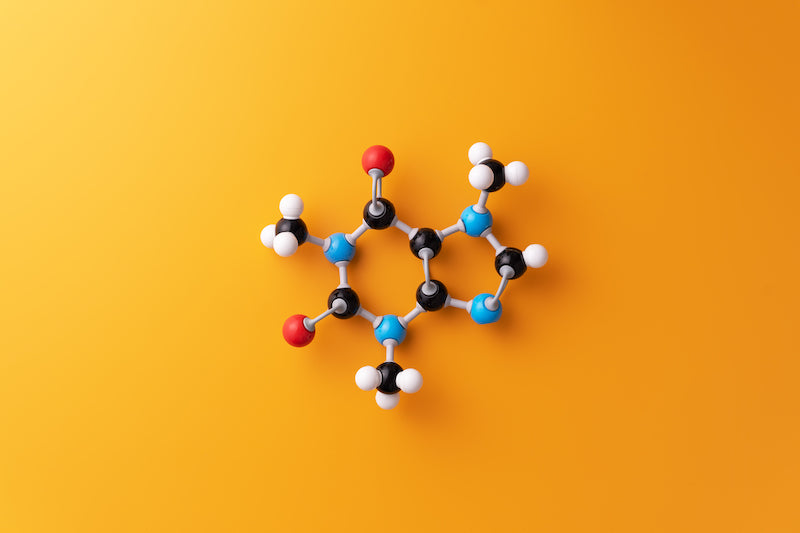
How Caffeine Boosts Athletic Performance
Caffeine is a widely used stimulant that has been known to increase energy, alertness, and focus. But did you know that it can also be beneficial for athletes? In this blog post, we will explore how caffeine affects athletic performance and why it may be worth considering as part of your training routine.
The Benefits of Caffeine on Athletic Performance
Caffeine has been shown to improve the performance of athletes in several ways. For example, it can increase alertness, reduce fatigue, and enhance energy levels. Additionally, studies have found that caffeine can help athletes improve their endurance by increasing fat burning during exercise. This means that athletes are able to work harder and longer than they would without the use of caffeine. Furthermore, research suggests that caffeine may even improve an athlete’s reaction time and power output during short bursts of intense activity.
How Much Caffeine Is Needed?
When it comes to the amount of caffeine needed for optimal performance, it depends on a few factors such as body weight and activity level. Generally speaking, most people find that drinking one cup of coffee or two caffeinated beverages provides enough boost to stay energized throughout their workout. However, if you’re looking for maximum performance benefits from your caffeine intake then aim for three cups or more per day (about 300mg). Keep in mind that too much caffeine can cause restlessness and anxiety so try not to exceed 400mg in a single day.
Otherwise known as the “caffeine crash” – where you experience an abrupt drop in energy after drinking too much coffee – this is something to watch out for when using caffeine as an ergogenic aid. It's important to note that everyone responds differently to caffeine so make sure you experiment with different amounts before settling on what works best for you!
Through its ability to promote increased alertness, reduce fatigue, and enhance fat burning during exercise, there is no doubt that consuming moderate amounts of caffeine can have positive effects on athletic performance. Of course, everyone responds differently to different amounts of caffeine so experiment with different amounts before settling on what works best for you! With the right balance of energy-boosting fuel sources like carbohydrates and protein combined with moderate doses of natural stimulants like caffeine – there’s no stopping you from achieving your athletic goals!





